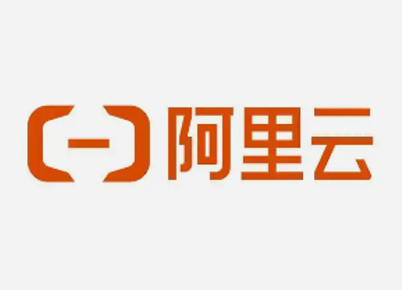Ericsson cuts China headcount but says it won't quit the market
Ericsson has cut its R&D headcount in China – but it's not joining the queue for the China exit, despite reports to the contrary.

The company won't give any details of the job cuts, but said in an emailed statement "we continually make normal business adjustments and are diversifying our core network engineering R&D footprint in alignment to sales."
An Ericsson staffer at the company's Shanghai office confirmed the layoffs to 21st Century Business Herald, although he also offered no specifics of how many jobs were being cut.
The news sparked a series of "Huawei's biggest rival is leaving China" headlines - a favorite local trope about foreign companies unable to compete with Huawei. Ericsson denied it had any plans to leave, and in fact it has good reason to stay where it is.
But there's no shortage of foreign companies that are voting with their feet.
Foreign direct investment (FDI) into China crashed 82% last year and is at a 30-year low. The economy is in the grip of a deflationary spiral with weak growth, a collapsing property market and a sizeable minority of professional investors considering it "uninvestable."
New security rules
Foreign executives are also discouraged by the government's half-hearted interest in improving the business environment, in contrast to its enormous enthusiasm for new national security rules.
Ericsson's China business is in fact extraordinarily stable, selling almost exactly the same amount of gear every year. In the past three years, its China revenue has ranged between 10.1 and 10.7 billion Swedish krona (between US$984 million and $1.05 billion).
That is only about 4% of Ericsson's worldwide sales - but a billion bucks is still a billion bucks.
Funnily enough, Nokia has almost the same record. Its Greater China revenue – which also includes Hong Kong, Macau and Taiwan – has ranged between €1.3 billion (US$1.4 billion) and €1.6 billion ($1.7 billion) over the same period.
As South China Morning Post reports, in a typical big China Mobile 5G tender last year, 52% of the value went to Huawei and 26% to ZTE, with Datang, Ericsson and Nokia sharing the remaining 22% between them.
Unless there's some major serious rupture in China's relations with the EU, you can bank on these two vendors achieving similar results in the foreseeable future. Ericsson and Nokia may not be dominating in China, but they're in a good space and they're not going anywhere.





